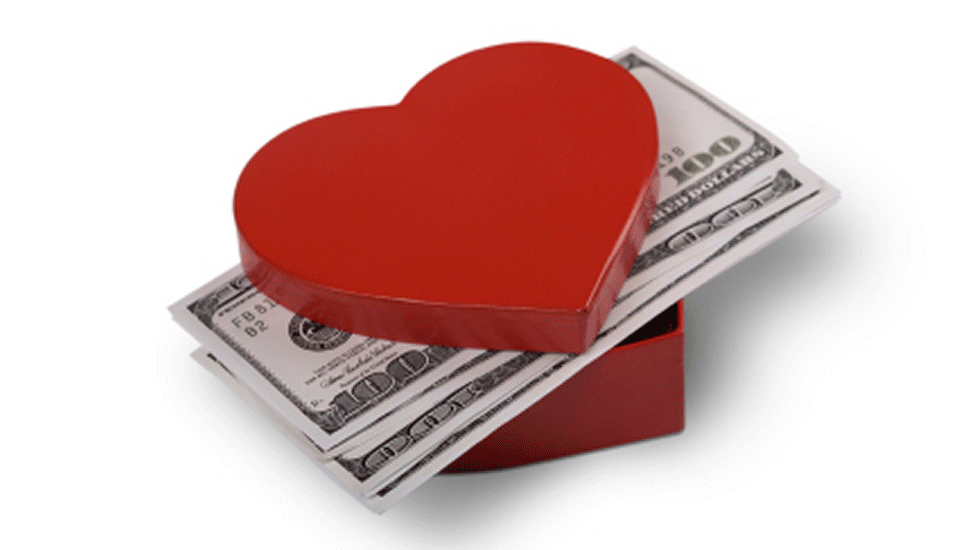There is you. Then, there is the “you” which you present to others. No one knows the real you, except for you, and you create a disguise which you operate, like a puppet, to present to the world. After one realizes the efficacy of puppeteering, you create an army of puppets to represent yourself in any situation and circumstance.
You expend a great deal of effort adorning your puppet(s) to present to particular audiences. You clothe and accessorize and present each puppet in such a way to have a particular impact on others, or to get what you want or need from others to make you feel good about yourself.
Masquerading is an effective way to interact with the world, but it doesn’t work that well with you, because you know the real you who dresses up your puppet(s), surrounds him/her with supporting evidence. You adorn your puppet’s environment to validate his/her personality by decorating his/her home, earning certificates and take taking photos to hang on the wall, driving a particular kind of vehicle, and a myriad of other supporting evidence to in essence prove to the world that your puppet is the real deal.
You’re constantly looking for new ways to support the identity of your puppet. Every time you think this is the one thing that will finally cement your puppet’s identity, it satisfies for a moment, then you discover it just didn’t quite accomplish you intended purpose, like you thought it would. So, you seek out another piece of supporting evidence.
You surround your persona with collections of supporting evidence which could be anything from material items to acts of service to others, or even vices or debilitating disease. All in an effort to convince the world to accept the identity you’ve designed for yourself. But no matter how hard you try, you know this is all an act. Regardless of how much time, effort, and finances you’ve dedicated for supporting your persona, as pretty or magnificent it is, you know it is all a worthless façade.
Then there is the most valuable and precious activity of life, and that is the real and authentic personal work performed by and on the behalf of the puppeteer. Unlike the things you do to support the identity of your puppet(s), the effort you put forth to support your true self which stays hidden from the external world, it is the best and most intimate thing you can do for yourself. This is your deep inner work.
There is great contrast between your deep inner work which cannot be seen by others, and the external representation of yourself which can be acknowledged and revered by others. The support and admiration you received from others creates an addiction to the maintenance of your façade, which clouds your judgment, preventing you from seeing the value in expending efforts to conduct your intimately private deep inner work.
Once you start to look deeply inside yourself, if you dare, you can start adorning your inner self, the real you, with mindfulness, self-care, support, therapy, forgiveness, and unconditional love. Just as you adorn your public persona(s), you beautify your inner self, connecting to that greater part of you which is a higher energetic vibration than could ever be represented by any material possession.
Nothing gives you such lasting satisfaction as doing your deep inner work. And as you conduct this deeply personal and intimate work on yourself, you can influence your persona(s) in ways that can offer glimpses of the changes taking place inside the puppeteer.
These subtle nuances cannot be hidden, as they can be seen by the trained eye, every time you pull a string, redecorate the surroundings, or operate your puppet.
Empowered by the energy emitted from your heart of hearts, your deep inner work begins to affect the world around you in even the smallest of ways like a pebble creating a ripple effect which radiates throughout the otherwise still pond of life.
You are love. Embracing your love life, loving yourself, all the deeply intimate and harrowing parts of yourself as all being in divine order, is the greatest love-work of all.
You are doing it. As you do, you create hope and inspire others to shift the focus of their lives from keeping up appearances to focusing within, and life by life, heart by heart, the world evolves and becomes a better place.
God bless you for all that you do.



